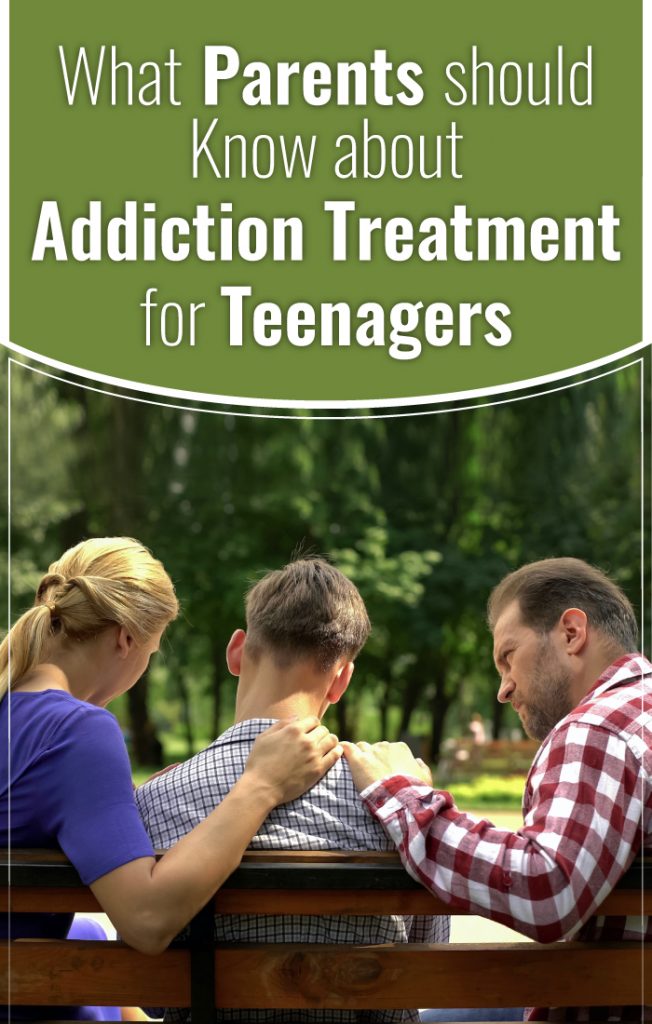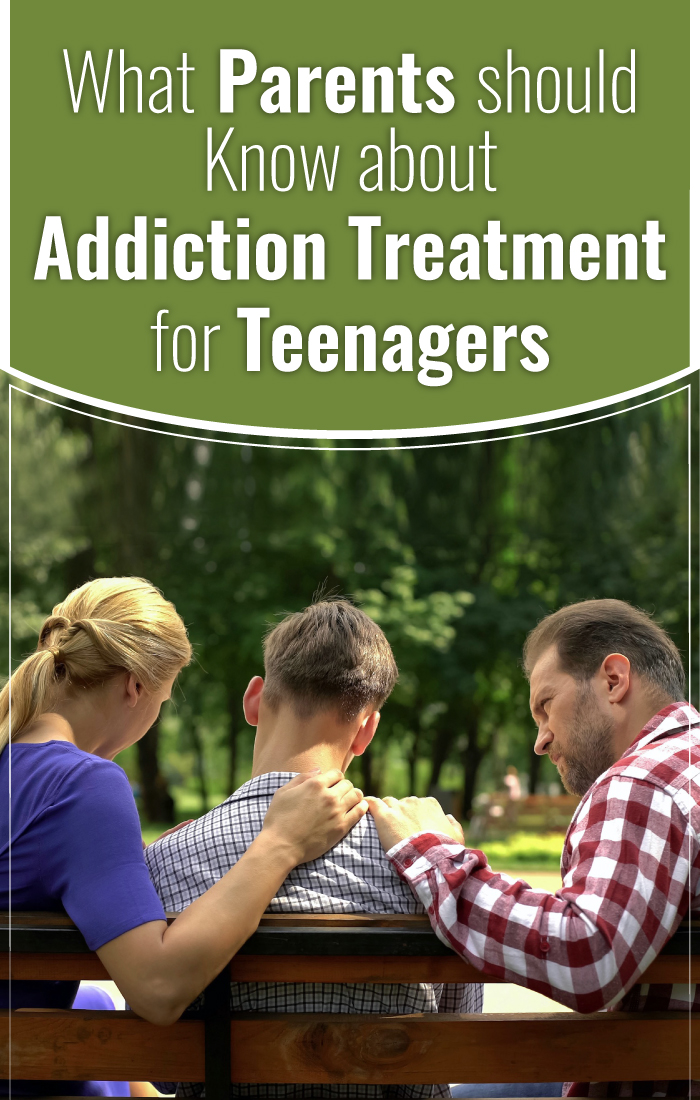
Part of the responsibilities of parents is to ensure their children are free from injury and illness. But no matter how parents protect the children, something unfavorable happens, especially for teenagers. Many scenarios reveal that teenagers indulge in substance addiction. It leaves the parents and the entire family unprepared and shocked.
Studies revealed that the statistics of substance abuse among teens are increasing, particularly alcohol and drug. The most common substances teenagers take are club drugs, including inhalants, ecstasy, and other substances that cause hallucination. Pointing fingers or blaming one another won’t help to address the problem. Instead, parents must understand everything about teenage addiction.
What is addiction? Myth vs. Reality
Many people misunderstand addiction and they do not know substance abuse. Addiction happens when a person engages in intoxicating drugs and it affects the brain’s response. Unlike other chronic conditions, addiction has a chance to recover. But also requires continuous management of symptoms to avoid relapse.
Myths and facts
· People believe that addiction results from a lack of self-discipline and willpower. The truth is, it results from the chemical changes of the alcohol or intoxicating drugs to the brain.
· They thought only those young people who are not academically inclined become addicted. But any teenager is vulnerable to substance regardless of their abilities.
· Not only those youngsters from the deprived community are involved in addiction but also those from different socioeconomic groups.
· Addiction relapse does not mean failure of a rehab program. It is because relapse may happen even during rehabilitation.
· It is not true that a former addict would not succeed in life. In fact, many people became happy and successful in life after the addiction treatment.
· Addiction won’t destroy the family. Support from the family and addiction professionals can help to strengthen the bond of the family.
Reasons teens use drugs and alcohol
As mentioned above, adolescents and teens engage in abusing drugs or alcohol because of different reasons. One is a family problem. Not all teens can handle family problems. When they cannot handle the situation, they resort to going out with friends and eventually learn to use intoxicating substances. Others indulge in drug abuse out of curiosity.
What are the most common drugs that teens abuse?
The common drugs that teens usually take are club drugs. It is true, especially when teens hang it with friends. Ecstasy and other hallucinogenic substances are popular among teenagers. Some teenagers get addicted to heavy drugs like cocaine and heroin too. Heroin rehab centers in Pennsylvania commonly treat adolescents with abuse to heroin and other drugs. Aside from drug addiction, many adolescents are also addicted to alcohol. When not addressed immediately, addiction poses risks to life.
Symptoms of addiction in teenagers
Identifying addiction among teenagers is challenging. That is why often it is too late before the parents know about the condition. As parents, it is essential to know the common symptoms of drug abuse. Here are some changes in behavior you must observe.
– Suddenly hanging out with new friends – If you notice your teen hangs out with friends more of the time than usual, you should keep an eye on him or her.
– Eating more or less than usual – Professionals say that an addicted person usually indulges in binge eating, but sometimes has no appetite.
– Showing increased signs of aggression – Showing aggression is common among individuals who are into addiction. Such behavior is apparent, but difficult to address. It is essential to know the right approach to deal with aggression to avoid debilitating the situation.
– Neglecting their personal appearance – You may also notice your teen is neglecting personal hygiene and grooming. Try to check the room of your child to find pieces of evidence, like drug paraphernalia.
Addiction Treatment for Teenagers
– Talking about addiction
Talking to kids is essential rather than showing them anger and frustrations. This way, you will know how they feel and what they think. It is the best way to help them in the rehabilitation and treatment process. The major goal of talking to your child is not to criticize, but to help him or her to know the consequences.
– Research-Based treatment models for teens
Many alcohol addiction treatment facilities offer treatment models with a combination of scientific knowledge and pieces of evidence. With this, they guarantee that the treatment program is helpful for the patients.
– Cognitive Behavioral Therapy (CBT) for teen rehab
Another option to address addiction among teenagers is cognitive behavioral therapy. This procedure helps to identify the negative behavior and thoughts of an individual, making him vulnerable to addiction.
– Motivational Enhancement Therapy (MET)
Employing motivational enhancement therapy is helpful to anyone who experiences personal identity. Many inpatient rehab centers in Wyoming and other parts of the U.S. use MET in treatment. Through an interview, this method will encourage the individual to change and avoid self-harming and risky behavior.
– Family-Based Therapies In Outpatient Rehab
Family support is significant to help address teenage addiction. With this, the best option is family-based therapies. This method helps to identify potential issues, such as peer pressure, family conflict, school or work issues, and co-occurring disorders. This method is for outpatient rehabilitation.
· Family behavioral therapy – Behavioral therapy sessions will improve the communication between the parents and teens. It will create a drug-free and healthier environment.
· Multidimensional family therapy – This mode of therapy involves both the family and the community. The main objective of the session is to encourage everyone to work together and help the addicted teen to recover.
· Brief strategic family therapy – This therapy session helps to identify drug abuse within the family. It is commonly used in rehab centers in Nevada and is ideal for inpatient, outpatient, and post-rehab.
Final Thoughts
Dealing with addiction-related issues among teenagers is difficult. Parents should learn a nonjudgmental approach they can employ to their children. It is not about helping to recover from addiction, but also to re-establish the bond. Family support is a big help to recover and avoid relapse. Seeking help from medical professionals is also necessary to learn effective approaches and treatment methods.
As soon as you notice your teen is into addiction, act immediately before the situation worsens. If you have the budget, you may consider luxury addiction treatment centers that will provide more attention and care to your teenager. Good thing is, there is specialized treatment for adolescents to recover from addiction. All you have to do is find the right facility.
